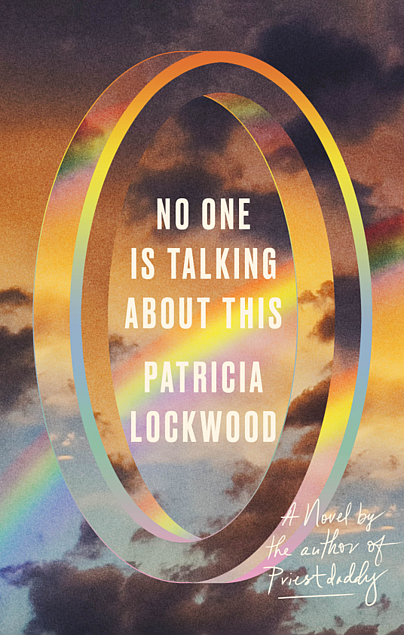They kept raising their hands excitedly to high-five, for they had discovered something even better than being soulmates: that they were exactly, and happily, and hopelessly, the same amount of online (118).
To be “Online” is to immediately call your girlfriend when researching the author of the book you read and find out, to your shrieking delight, that the author also the author of The Miette Tweet. “No way!” Thought I. “She wrote The Miette Tweet!?” shrieked my girlfriend. We knew her! We knew her before she wrote this book — and of course she wrote this book! And if that experience of discovery (and the parasocial feelings it triggered) wasn’t in some sort of spirit of No One is Talking About This, I’m not sure what else to say.
What I wanted to read was a tragedy, and a tragedy from the present moment. I have been trying to work my way through The Iliad (trans. Caroline Alexander) and its gravity was too much; Memorial: A Version of Homer’s Iliad by Alice Oswald was better, but it was still too distant from what I felt now. When the reviews for No One is Talking About This told me that Part One was hilarious (or incomprehensible nonsense, depending on how “Online” one was), but that Part Two would cleave your heart in half and leave you unseamed, I dove right in.
No One is Talking About This is a stream-of-consciousness series of “portal entries” (read: Tweets) that follow an unnamed woman who becomes famous for the viral hit of “Can a dog be twins?” Elevated into the comedic spotlight and now an Influencer, she globe-trots to offer her Neodadistic philosophies. All the while, a sense of emptiness chases her. There’s a frantic pulse behind the words she throws out into the portal with her fellow portal dwellers — the familiar questions of “Are we just going to keep doing this till we die? … Are we in hell?” (12) There’s a feeling, which perhaps anyone who has been online too long has encountered, of trying to get one’s hands around the nonsense of everything and shake it so hard that something falls out, so that we can grab that thing and shake it and demand, “what does it mean? what does it all mean?”
Then, a text from her mother: “Something has gone wrong. How fast can you get here?” (119) And the whole of reality — the one that you cannot unplug from — comes crashing in, inescapable.
In the end, I wrestled slightly with my categorization of this book as a tragedy. But I think it holds. Here is a character, and her family, and what they go through is suffering (although it is not all suffering). But it does not end “happily,” in the way that there will be a miracle that stops the inevitable, that turns the ending; there is no deus ex machina. What I wanted from tragedy — what I think we all seek, from tragedy; why we watch Hamlet and Macbeth fret their petty hours on the stage, why we watch the war-gates of Troy open in celebration — is catharsis. To know how it will all end, to face it, to weep, and then to rise up again, wiser. Lighter. I wept through the ending of the book but I was not left hopeless and adrift.
If you are not chronically Online, you might struggle with Part One, but Lockwood’s prose and profundity throughout might guide you around the seeming nonsense (I myself have never been a dedicated Twitter user; I came of age on a different blue hellsite). If you don’t think No One is Talking About This would be your jam, at least please read about Lockwood’s cat, Miette, who is Twitter famous, and speaks in a British accent.
No One is Talking About This was shortlisted for both the 2021 Booker Prize and the 2021 Women’s Prize for Fiction. It is Lockwood’s debut novel.
Lockwood, Patricia. No One Is Talking about This. Riverhead Books, 2021.


